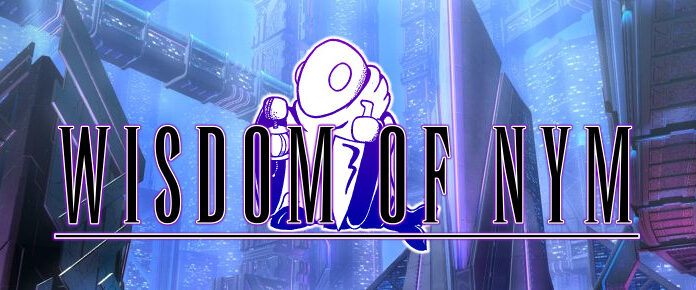
If you’re not exhausted of seeing the word “metaverse” just yet, MMORPG developer Raph Koster has published a blessedly brief whitepaper on the evolution of online spaces like MMOs into metaverses – and by extension why we don’t have one yet in spite of billions of dollars wasted and endless babble from tech companies.
In From Online World to Metaverse: The Future of Online Games and Games Research, Koster argues that in studying the history of virtual worlds designers can predict how an actual metaverse will develop. He notes that fictional depictions of the metaverse generally include fully immersive worlds, augmented reality overlays, real-world impact (like money), and a “multiplicity of fictional settings that users can easily switch or travel between using common technology which gives access to all of them.”
Of course, veteran gamers will know what Koster’s going to say next: All of these things have already been done in MMOs and similar games for at least a quarter of a century; we’ve all seen weddings and friendships and auctions in video games for decades. And yet they don’t constitute a metaverse as “our technical definition of the metaverse has been expanding over time to stay ahead of implemented actuality,” not even if we expand our definition of MMO to include spaces like Facebook or Waze. Part of that is an unrealistic assumption that the metaverse will focus on a single device – like VR headsets – rather than all devices.
“Seen in this light, one way to think of the metaverse is as a natural evolution of the dreams of virtual worlds we are quite familiar with, but which encompasses more and more data from the real world, on a common technical platform,” Koster says. “The elements missing from fictional depictions mostly have to do with the unification of what are today very disparate platforms owned by different companies.”
Instead, he suggests that we might eventually see a “virtual Machu Picchu” that simultaneously attracts physical tourists and AR gamers who interact in the same space: “[A] signature element of the metaverse is that you won’t be sure if you are in it, because it’ll just be the pervasive unification of all these trends. You, as avatar. Avatars, as people. Real world objects, as digital objects. Digital objects, as real as real things.”
Nevertheless, Koster leaves open the idea that another key element of the metaverse is that it shouldn’t be oppressively all-encompassing and should “preserve the ability for users to leave.” In fact, he points to the history of gaming to calm fears about a creepy panopticon.
“For those frightened by these possibilities, there is a glimmer of hope. Entertainment has clearly been the major driver of adoption and innovation in the virtual world space throughout its now four-decade history, as at any given moment game worlds have drawn significantly larger populations than purely social worlds. Entertainment software innovation is deeply resistant to technological standardization in some ways, precisely because games and game technology rely so heavily on novelty, whereas standards tend to intentionally slow the rate of change. Operators of games are also obliged to be deeply pragmatic about their practices lest users abandon them en masse. These tendencies work against the idea of a single centralized metaverse put to nefarious uses.
“As virtual worlds continue to proliferate and interconnect, we can hope that this path we are on continues to be pushed forward by a game-like ethos. The motives of pure technology companies may be driven by crass advertising and microtransaction plans, and games have certainly succumbed to the temptation of those business models in the past. But at least games are shaped by the desire to increase the world’s quotient of fun, of play, of creativity, and of the rich communities they form. That seems a better dream to aim for than the cyberpunk vision of a world where pop-up ads and corporate masters track our every step.”
If nothing else, the paper serves as a handy list of movies and books that cyberspace fans might want to check out.














